Can Silodosin Cause Erectile Dysfunction?
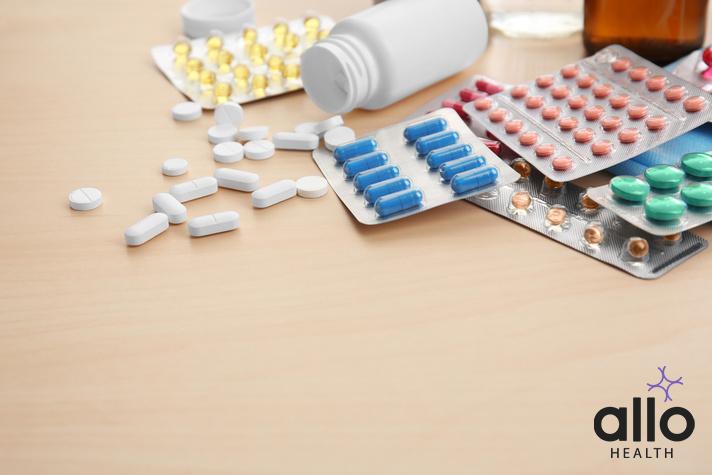
"The following blog article provides information about a drug or brand name drug and its potential effects or benefits. However, it is crucial to understand that this information is intended for general educational purposes only and should not be considered a substitute for professional medical consultation. It is highly recommended to consult with a qualified healthcare professional before making any decisions regarding medication, treatment, or healthcare management.
Book consultation
Individuals have unique medical conditions, and the information provided in this article may not be applicable to everyone. Only a qualified healthcare provider can evaluate your specific medical situation, taking into account your medical history, conducting appropriate tests, and providing personalized advice and recommendations. They are equipped to make informed decisions tailored to your individual needs.
It is crucial to emphasize that self-diagnosis, self-medication, or disregarding medical advice can have serious health consequences. This article may reference specific brand names or drugs for illustrative purposes. Mention of these names does not imply endorsement, recommendation, or guarantee of their efficacy or safety. The choice of medication should be based on discussions and individualized guidance from a healthcare professional who has a comprehensive understanding of your medical condition.
"Silodosin is a medication primarily used to treat symptoms of benign prostatic hyperplasia (BPH), a condition characterized by an enlarged prostate gland. While silodosin is effective in relieving urinary symptoms associated with BPH, there is some concern about its potential side effects on sexual function. Erectile dysfunction (ED) is among the reported side effects of silodosin, although it is relatively uncommon. Understanding the potential impact of silodosin on erectile function is essential for individuals considering or currently using this medication for the management of BPH symptoms. Consulting with a healthcare provider can provide further guidance and information regarding potential risks and benefits.
What Is Silodosin?
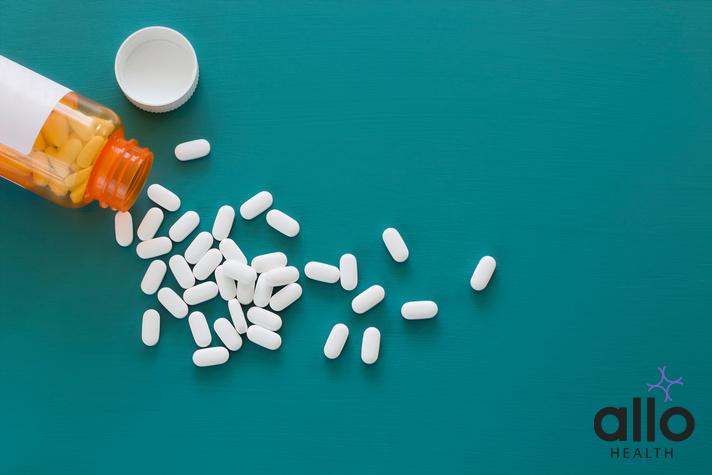
- Silodosin is a medication used to treat symptoms of benign prostatic hyperplasia (BPH), a condition characterized by an enlarged prostate gland.
- It belongs to a class of drugs called alpha-1 blockers, which work by relaxing the muscles in the prostate and bladder neck, improving urine flow, and reducing symptoms such as urinary frequency, urgency, and difficulty urinating.
- Silodosin specifically targets alpha-1 receptors in the prostate, resulting in more selective and effective symptom relief with fewer side effects compared to older alpha-blockers.
- It is typically taken orally as a capsule once daily, with or without food, as prescribed by a healthcare provider.
- Common side effects may include dizziness, headache, and retrograde discomfort during ejaculation.
How Does Silodosin Work?
- Silodosin is an alpha-1 adrenergic receptor antagonist used to treat symptoms of benign prostatic hyperplasia (BPH).
- It works by relaxing the smooth muscles in the prostate gland and the bladder neck, which improves urine flow and reduces symptoms such as difficulty urinating and frequent urination.
- Silodosin selectively blocks alpha-1 adrenergic receptors in the prostate gland, leading to smooth muscle relaxation.
- By targeting these receptors, silodosin reduces the contraction of the muscles in the prostate and bladder neck, allowing urine to flow more freely.
- This mechanism of action helps alleviate urinary symptoms associated with BPH, improving the quality of life for affected individuals.
Understanding Erectile Dysfunction
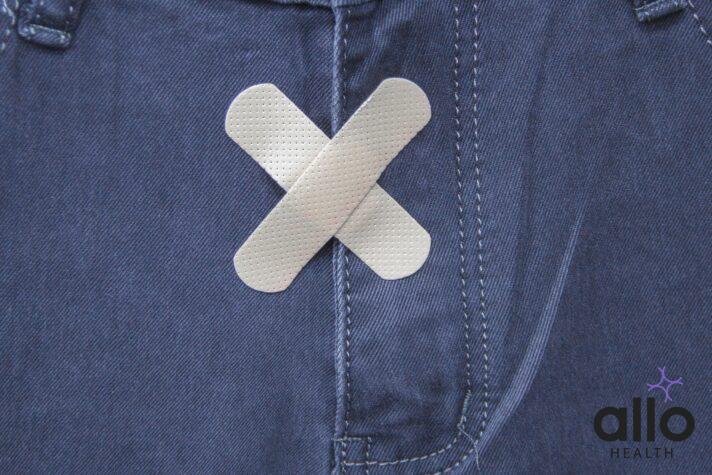
- Erectile dysfunction (ED) is the inability to achieve or maintain an erection sufficient for sexual activity.
- ED can be caused by physical factors such as vascular concerns, nerve damage, or hormonal imbalances.
- Psychological factors like stress, anxiety, or depression can also contribute to ED.
- Lifestyle factors such as smoking, excessive alcohol consumption, or obesity can increase the risk of ED.
- Treatment options for ED include oral medications, injections, vacuum devices, or surgery.
- Lifestyle changes such as regular exercise, healthy diet, and stress management can help prevent or improve ED.
- Seeking medical advice is essential for proper diagnosis and treatment of erectile dysfunction.
Causes Of Erectile Dysfunction
- Physical causes of erectile dysfunction (ED) include cardiovascular disease, diabetes, obesity, and hormonal imbalances.
- Neurological conditions such as multiple sclerosis, Parkinson’s disease, and spinal cord injuries can also contribute to ED.
- Medications like antidepressants, antihypertensives, and antihistamines may have ED as a side effect.
- Lifestyle factors such as smoking, excessive alcohol consumption, and drug use can increase the risk of ED.
- Psychological factors like stress, anxiety, depression, and relationship concerns may lead to ED.
- Aging and underlying health conditions can also affect erectile function, highlighting the importance of addressing both physical and psychological factors in ED management.
How Common Is Erectile Dysfunction?
- Erectile dysfunction (ED) is a prevalent condition that affects men of all ages, although it becomes more common with age.
- Approximately 30 million men in the United States experience erectile dysfunction.
- The prevalence of ED increases with age, affecting about 40% of men at age 40 and 70% of men at age 70.
- Risk factors for erectile dysfunction include age, underlying health conditions such as diabetes and heart disease, obesity, smoking, and psychological factors like stress and anxiety.
- Despite its common occurrence, many men hesitate to seek treatment for erectile dysfunction, leading to underdiagnosis and undertreatment of the condition.
What Are The Symptoms Of Erectile Dysfunction?
- Difficulty achieving or maintaining an erection during sexual activity.
- Reduced sexual desire or loss of libido.
- Premature or delayed ejaculation disorder.
- Inability to achieve a satisfactory erection despite sexual arousal.
- Reduced firmness or rigidity of the penis during erection.
- Emotional distress or relationship concerns related to sexual performance.
- Fatigue, stress, or anxiety affecting sexual function.
- Underlying health conditions such as diabetes, high blood pressure, or heart disease.
- Symptoms may vary in severity and frequency and can have a significant impact on sexual satisfaction and overall quality of life.
- Consulting a healthcare professional is recommended for proper diagnosis and treatment of erectile dysfunction.
Risk Factors For Developing Erectile Dysfunction
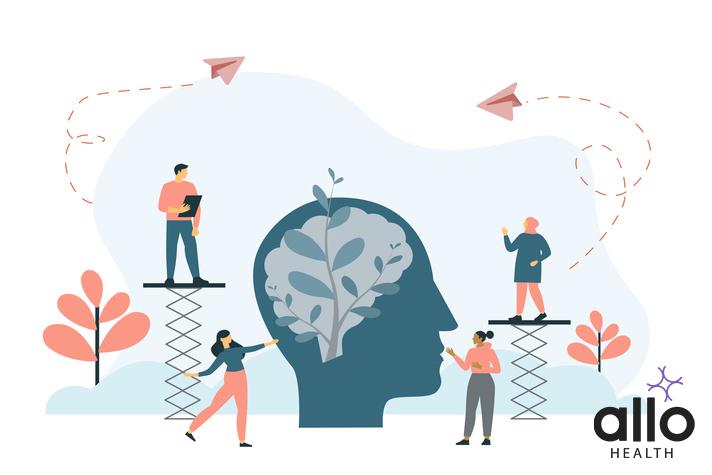
- Age: Erectile dysfunction (ED) becomes more common with age, affecting over 50% of men aged 40-70.
- Medical conditions: Conditions such as diabetes, high blood pressure, heart disease, and obesity increase the risk of ED by affecting blood flow and nerve function.
- Lifestyle factors: Smoking, excessive alcohol consumption, and drug use can damage blood vessels and impair erectile function.
- Psychological factors: Stress, anxiety, depression, and relationships can contribute to ED by affecting mental well-being and sexual desire or loss of libido.
- Medications: Certain medications, including antidepressants, antihypertensives, and antipsychotics, may have side effects that contribute to ED.
- Injury or surgery: Trauma or surgery to the pelvic area can damage nerves and blood vessels, leading to ED.
Who Should Not Use Silodosin?
- People with a known allergy or hypersensitivity to silodosin should avoid its use.
- Silodosin should not be used by individuals with severe liver impairment.
- Those with a history of orthostatic hypotension, a condition causing a sudden drop in blood pressure upon standing, should avoid silodosin.
- Individuals with severe kidney impairment should not use silodosin.
- It is not recommended for use in children or adolescents under the age of 18.
- People with a history of priapism, a prolonged and painful erection, should avoid silodosin.
- Pregnant or breastfeeding individuals should consult a healthcare professional before using silodosin.
Can Silodosin Increase The Risk Of Erectile Dysfunction?
- Silodosin, an alpha-1 blocker medication primarily used to treat symptoms of benign prostatic hyperplasia (BPH), may increase the risk of erectile dysfunction (ED) in some individuals.
- Alpha-1 blockers like silodosin can relax smooth muscle in the prostate and bladder neck, improving urine flow and reducing BPH symptoms.
- However, the relaxation of smooth muscle in blood vessels can also lead to decreased blood flow to the penis, resulting in difficulty achieving or maintaining an erection.
- While not all individuals experience ED with silodosin use, those who do may benefit from discussing alternative treatment options with their healthcare provider.
- Monitoring for ED symptoms and discussing any concerns with a healthcare professional is essential for managing BPH effectively while minimizing the risk of sexual side effects.
The Link Between Silodosin And Erectile Dysfunction
- Silodosin, an alpha-1 blocker, is a medication primarily used to treat symptoms of benign prostatic hyperplasia (BPH), such as urinary retention and frequent urination.
- Silodosin may cause or worsen erectile dysfunction (ED) as a potential side effect.
- Silodosin works by relaxing smooth muscles in the bladder and prostate, which can lead to relaxation of the muscles in the penis, affecting erectile function.
- While not everyone experiences ED with silodosin use, it is essential to discuss any concerns or changes in sexual function with a healthcare provider.
- Alternative medications or treatment options may be available for managing BPH without causing ED.
Other Potential Side Effects Of Silodosin
- Silodosin, a medication used to treat symptoms of benign prostatic hyperplasia (BPH), may cause dizziness or lightheadedness, especially when standing up from a sitting or lying position.
- Other potential side effects of silodosin include headache, weakness, and fatigue.
- Silodosin may also cause retrograde ejaculation, a condition where semen travels backward into the bladder instead of being expelled during ejaculation.
- Some individuals may experience nasal congestion, dry mouth, or diarrhea while taking silodosin.
- Rare but serious side effects of silodosin may include allergic reactions, fainting, or changes in vision, hearing, or heartbeat.
- It is essential to report any side effects or concerns to a healthcare provider while taking silodosin.
How To Manage Erectile Dysfunction While Taking Silodosin
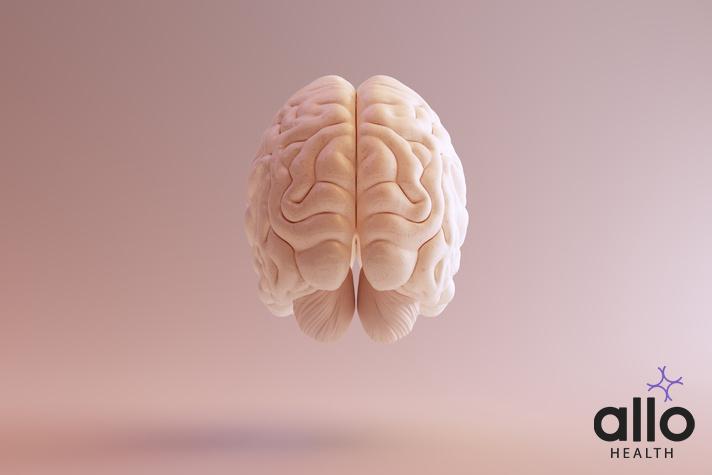
- Consult with your healthcare provider before using silodosin if you have erectile dysfunction (ED).
- Silodosin may worsen ED symptoms, so discuss alternative medications or treatment options.
- If you need to continue taking silodosin, explore other ED treatments such as sildenafil or tadalafil, under medical supervision.
- Adjusting the dosage or timing of silodosin intake may help minimize its impact on ED.
- Address any underlying causes of ED, such as hypertension or diabetes, through lifestyle changes or additional medications.
- Communication with your healthcare provider is crucial to finding the best approach to manage ED while taking silodosin.
Alternative Treatments For Benign Prostatic Hyperplasia And Erectile Dysfunction
- Medications such as alpha-blockers (e.g., tamsulosin) or 5-alpha reductase inhibitors (e.g., finasteride) can help manage symptoms of benign prostatic hyperplasia (BPH) by reducing prostate size or relaxing prostate and bladder muscles.
- Phytotherapy, including saw palmetto and pygeum extracts, may offer relief from BPH symptoms.
- Minimally invasive procedures like transurethral microwave thermotherapy (TUMT) or prostatic artery embolization (PAE) can alleviate BPH symptoms.
- Vacuum erection devices (VEDs) or penile implants are options for managing erectile dysfunction (ED) when medications fail.
- Lifestyle changes, including exercise, dietary modifications, and stress reduction techniques, can also improve symptoms of both BPH and ED.
Talking To Your Doctor About Erectile Dysfunction And Silodosin
- Be open and honest with your doctor about any symptoms of erectile dysfunction (ED) you are experiencing.
- Discuss your medical history, including any underlying health conditions or medications that may contribute to ED.
- Mention any concerns or questions you have about the potential use of silodosin, a medication commonly used to treat benign prostatic hyperplasia (BPH), ED.
- Ask your doctor about the potential benefits and risks of using silodosin for ED and whether it is appropriate for your specific situation.
- Follow your doctor’s recommendations and treatment plan for managing ED, which may include lifestyle changes, other medications, or referrals to specialists.
Weighing The Benefits And Risks Of Silodosin Treatment
- Silodosin is an alpha-blocker medication used to treat symptoms of benign prostatic hyperplasia (BPH), such as difficulty urinating.
- Benefits of silodosin treatment include improved urinary flow, reduced urinary frequency, and decreased urgency.
- Silodosin works by relaxing the muscles in the prostate and bladder neck, making it easier to urinate.
- Common side effects of silodosin include dizziness, headache, and low blood pressure, especially when standing up.
- Serious risks of silodosin treatment may include fainting, allergic reactions, and abnormal ejaculation.
- Before starting silodosin treatment, individuals should weigh the potential benefits against the risks and discuss them with their healthcare provider.
Most Asked Questions
-
Can silodosin cause erectile dysfunction?
While silodosin is primarily used to treat symptoms of benign prostatic hyperplasia (BPH), some individuals may experience erectile dysfunction (ED) as a side effect. This occurs due to the medication's mechanism of action, which can affect blood flow and nerve function in the genital area.
-
How common is erectile dysfunction with silodosin use?
Erectile dysfunction is a relatively uncommon side effect of silodosin compared to other alpha-blocker medications used for BPH. However, it may still occur in a small percentage of individuals taking the medication.
-
Does erectile dysfunction from silodosin resolve after stopping the medication?
In many cases, erectile dysfunction caused by silodosin may resolve after discontinuing the medication. However, it is essential to discuss any concerns with a healthcare provider before making changes to your treatment plan.
-
Are there any risk factors for developing erectile dysfunction with silodosin?
Certain factors, such as age, pre-existing sexual dysfunction, and underlying medical conditions, may increase the risk of experiencing erectile dysfunction while taking silodosin. Additionally, individual responses to medications can vary, and some people may be more susceptible to this side effect than others.
-
What should I do if I experience erectile dysfunction while taking silodosin?
If you experience erectile dysfunction or other concerning side effects while taking silodosin, it is crucial to consult your healthcare provider. They can evaluate your symptoms, discuss potential treatment options, and determine whether adjusting your medication regimen is necessary to address your concerns.







































